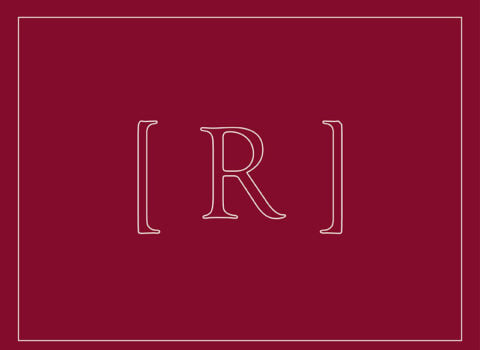From All Things Are Too Small, which will be published next month by Metropolitan Books.
“All things / are too small,” begins a poem believed to be written by the thirteenth-century Dutch mystic Hadewijch of Brabant. She goes on—“to hold me”—but she did not have to. All things are too small—not just to hold me, but to hold anything. Cups are too small, which is why they demand such relentless refilling. Bodies are too small to encompass more than a sole inhabitant, except in rare cases of mysticism or possession (or the more familiar but no less astounding case of pregnancy).…























































































